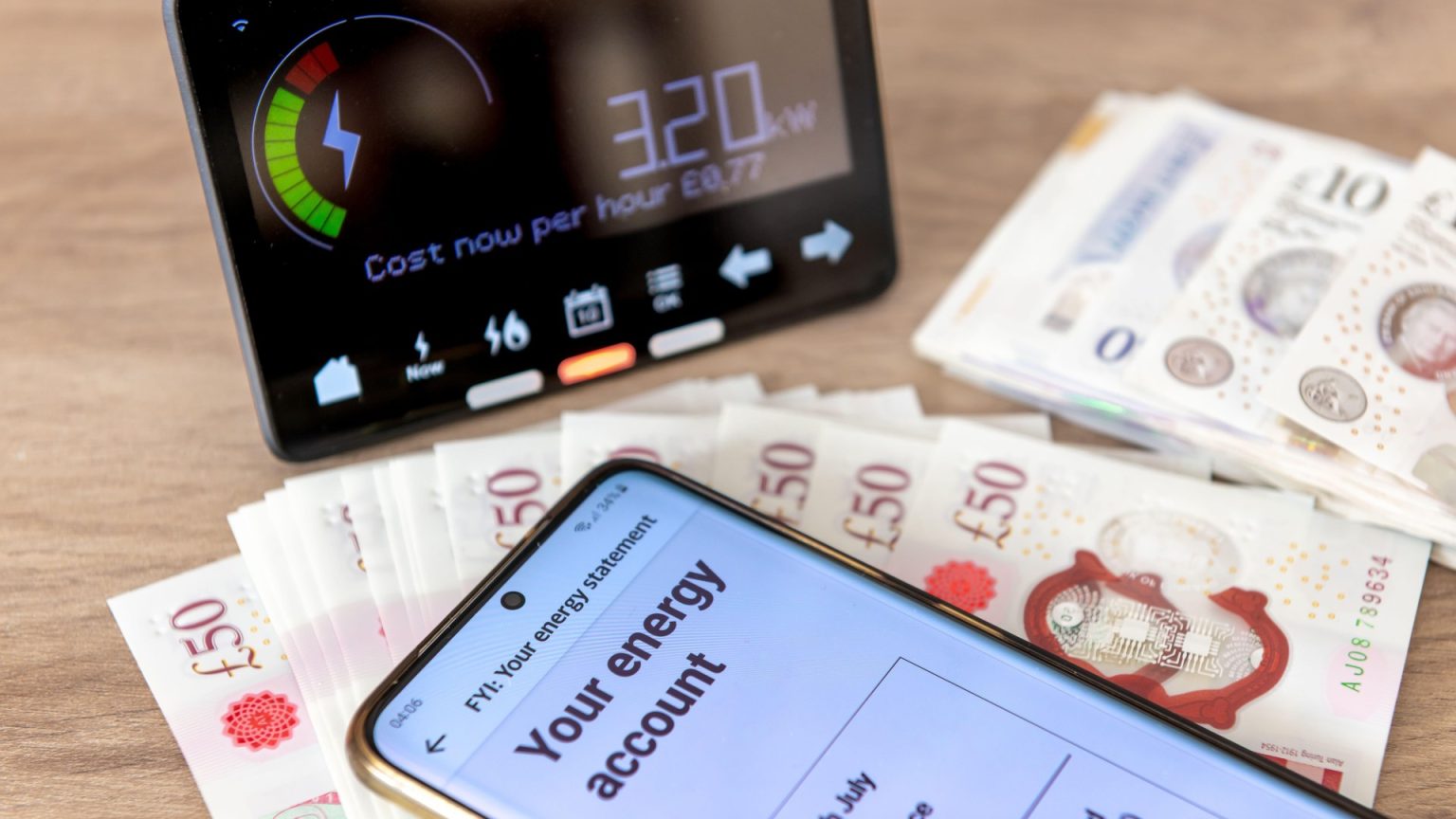The British Gas Energy Trust (BGET) offers grants of up to £2,000 to assist struggling households with their energy bills. This financial aid is available to residents of England, Wales, and Scotland, regardless of whether they are British Gas customers. The grants aim to alleviate energy debt and provide relief to those facing financial hardship due to rising energy costs. Despite the significant support available, applications have seen a marked decrease compared to the previous winter, raising concerns that many eligible households are missing out on this vital assistance. British Gas is actively working to raise awareness, sending letters to 100,000 homes to inform them about the potential eligibility for these grants. This initiative comes as energy bills continue to rise under the Ofgem price cap, placing further strain on household budgets.
The BGET operates two distinct funds: the British Gas Energy Support Fund (ESF) and the Individual and Families Fund (IFF). The ESF is exclusively for British Gas customers, providing grants of up to £2,000 to clear energy debt. The IFF, open to all eligible households regardless of their energy supplier, offers grants up to £1,700 for the same purpose. Both funds require applicants to demonstrate that they are experiencing fuel poverty, meaning a significant portion of their income is dedicated to heating their homes. Specific debt thresholds apply, with prepayment meter customers needing between £50 and £1,700 of debt for the IFF and direct debit customers needing between £250 and £1,700. For the ESF, prepayment meter customers must have at least £50 of debt, and direct debit customers must have at least £250.
In addition to meeting the debt criteria, applicants for both funds must have received guidance from a money advice agency, such as Citizens Advice, within the past six months. This requirement ensures that applicants have access to professional financial advice and support alongside the grant funding. If approved, the grant is applied as a credit to the applicant’s energy account, rather than being disbursed as cash. This direct application to outstanding debt helps ensure the funds are used for their intended purpose, providing immediate relief from energy bill burdens.
For those who do not meet the BGET criteria, alternative support may be available through the Household Support Fund. This government initiative distributes funds to local councils across England, Wales, Scotland, and Northern Ireland to provide targeted assistance to vulnerable households. Each council manages its own allocation and sets its own eligibility criteria, leading to variations in the type and amount of support available. Generally, households on low incomes or receiving benefits are prioritized, and assistance can come in the form of cash payments, vouchers for energy bills, or vouchers for essential groceries. Checking eligibility for unclaimed benefits is also crucial, as significant sums remain unclaimed annually.
Several free online benefit calculators are available to help individuals determine their potential entitlement to various benefits. These resources provide a valuable starting point for navigating the complex benefits system and ensuring access to all available financial support. Beyond government assistance and charitable grants, some energy companies offer additional support programs, including free or discounted energy-saving devices like air fryers and electric blankets. These initiatives aim to help customers reduce their energy consumption and lower their bills in the long term.
Finally, many energy suppliers operate their own debt relief schemes and grant programs. Companies like OVO, E.On, EDF, Scottish Power, Octopus Energy, SSE, and Utilita offer various forms of financial assistance to customers struggling with energy debt. These programs often involve discretionary credits, debt write-offs, or payment plans tailored to individual circumstances. Consumers are encouraged to contact their energy supplier directly to inquire about available support programs and discuss their specific financial situation. These initiatives demonstrate a growing awareness within the energy industry of the challenges faced by many households and the need for comprehensive support to address fuel poverty and energy affordability.




